Guest post by Sarah J. Lockwood
We live in an era of increasing protest, with large-scale, sustained social unrest regularly seen around the world. From Sri Lanka and the United States, to Iraq and India, protests are used to raise awareness, highlight injustice, and demand change, and play an important role in democratic accountability at all levels of government.
Whenever large protests take place, however, they are often accompanied by allegations that they were organized by elites from outside the community. In the United States, for example, George Soros has repeatedly been accused of funding and mobilizing rioters connected to the Black Lives Matter movement, while protests around the Dakota Access Pipeline were claimed to be organized by a shady group of billionaires intent on pushing a left-wing environmental agenda. Similar arguments can be found in countries ranging from South Africa to Indonesia and Kyrgyzstan.
In almost all cases, the organizers are claimed to be outside individuals and groups who don’t represent the community or care about the issue, but want to use the protest to cause disruption and advance their own interests. And the protesters themselves are seen as inauthentic—individuals with no legitimate claim to a grievance, who have somehow been manipulated into protesting by the elites.
But is it true that elites regularly organize community-level protests to advance their own agendas? And how are they able to manipulate the residents of communities they don’t know into protesting around the issues they want?
The answer is: it’s complicated. In a recent study of protest in South Africa in which I interviewed more than 400 people over 26 months, I found that while elites across the country do often call for protests, capitalize on protests to advance their own interests when they happen, and even provide funds to help defray the costs of protest organization, it is rarely the case that they manipulate or coerce residents into protesting an issue they don’t care about. Nor is it the case that elites are able to organize local protests easily without extensive local help.
Elites in South Africa encourage and use protest for many reasons. Some call for protests to demonstrate the failings of an opponent, or their own credentials as a champion of working people or the poor. Others use protest to pressure local and national governments for additional resources or to motivate action on key issues in the community. Often, several of these goals are at play at once. For example, an aspiring politician might call for a day of protest over failed service delivery, both to demonstrate the failings of the incumbent (his opposition), and also to pressure government to address the situation and improve living standards.
In all the cases studied, however, the issues being protested were real issues, grievances deeply felt in the community. The elites may have called for and encouraged protests at specific times or locations, capitalized on them when they took place, and even helped with some of the organizational costs. But they did not fabricate the grievances out of thin air, nor did they somehow manipulate residents into protesting something they didn’t care about. And claiming that they did, as so often happens, does a disservice to the protesters—denying their anger, ignoring the issues they face, and portraying them as either entirely mercenary or as easily manipulated and lacking in agency.
If elites in South Africa rarely, if ever, manipulate people into protesting issues they don’t care about, it’s even more unlikely that they swoop into communities and organize protests. Persuading people to turn out and protest is a difficult task. It requires local knowledge, networks, and trust. Without local knowledge, for example, elites will find it difficult to identify people within the community who can be mobilized, while local trust is critical if their claims about protest goals or benefits are to be taken seriously. Far from swooping in and organizing protest at will, my research suggests that elites require local intermediaries—what I call protest brokers—if they want to encourage collective action in communities they are not part of.
Protest brokers are locally embedded individuals who help to organize protest at the local level. They use their local knowledge, networks, and trust to help elites and communities overcome the collective action problem, and play an important and understudied role in mobilizing protests. Their motives vary. For many, the issues being protested matter to them, and they help to mobilize people in order to push for the changes they want to see. For others, personal benefits are what matter most; they organize protests in return for money, jobs, status, other resources, or the promise of upward mobility. Regardless of their motives, without these brokers, local protests often simply wouldn’t happen.
The specter of elite manipulation is often used to delegitimize protests, dismiss community claims, discredit the logic, hard work, and knowledge of activists and brokers, and justify aggressive police responses. But this is a straw man. Communities are extremely unlikely to take to the streets without compelling local actors and issues. Rather than buying into the fear of elite manipulation, more research is needed to better understand the role of technology in protest organization, and the ways in which local actors facilitate, challenge, or even frustrate the goals of elites.
Sarah Lockwood is an assistant professor in the Centre of Development Studies and Department of Politics and International Studies at the University of Cambridge.

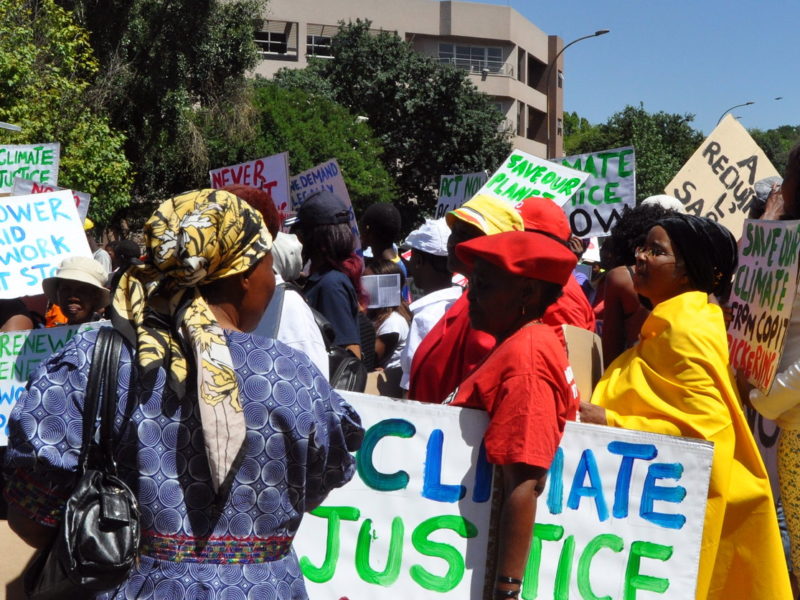
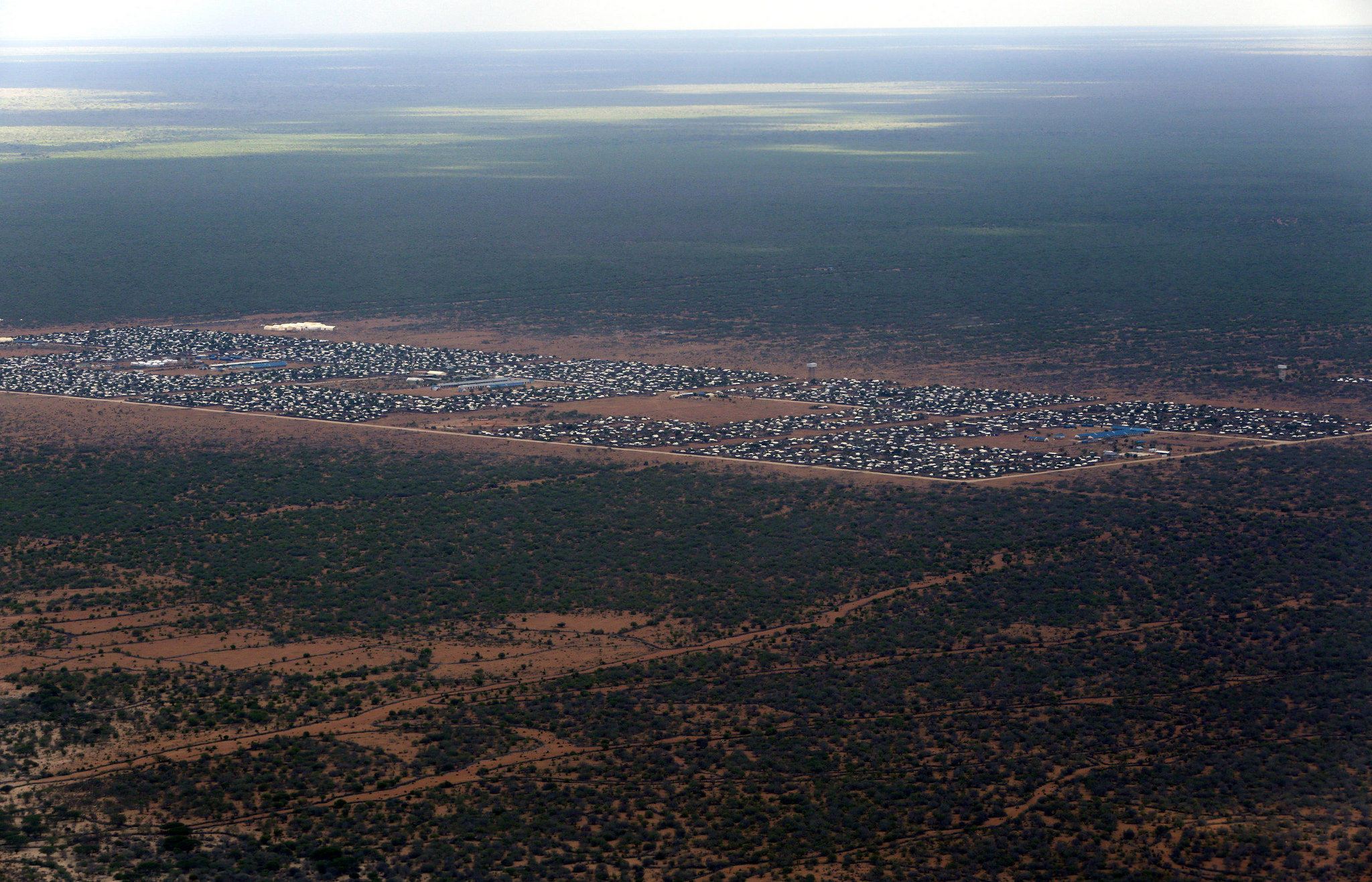

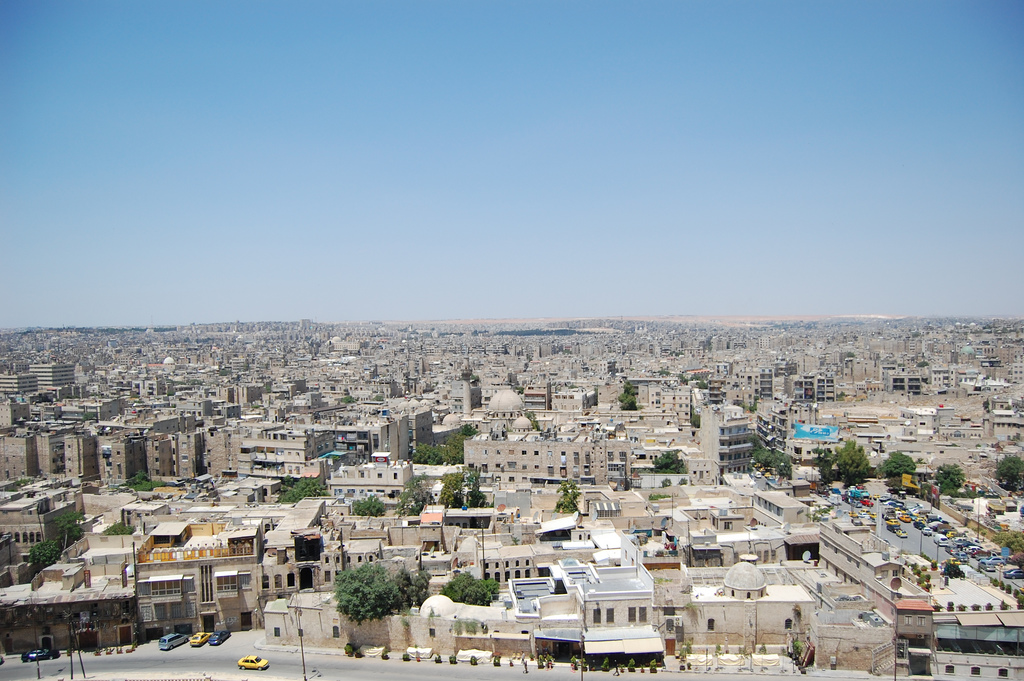
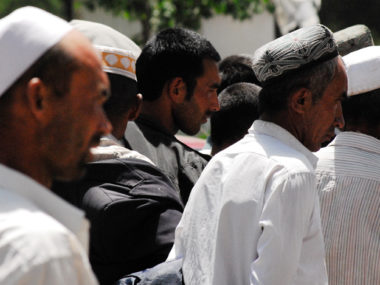
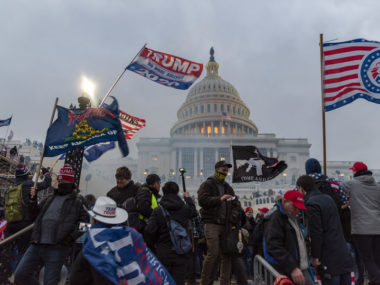

1 comment
Dear Sarah,
you could watch the popular manifestations in Argentina. They are an example of highly coordinated events by neighborhood leaders, and the people in power who channel funding to them. We are talking here of thousands of poor people living in precarious conditions, being sent to manifest in different causes that will not affect or benefit them personally.
Each person is given a number, and they have to identify themselves with such number to the local coordinator, in order to get paid. People who can not attend the march can hire others to go marching in their place, and share the payment.
Depending on the value of the dollar, each person can receive between 5 and 8 dollars for each political participation.
Lately, the organizers have designed “weekend camping” on the main avenue of Buenos Aires. They can stay there living in tents for 3 days, in the middle of the winter. I could not determine how much they get paid for camping on 9 de Julio Avenue. Watching some TV interviews is possible to say that people camping, usually, non-educated people actually living in poor conditions like slums, see this as a “transitory job” but do not understand the political reasons for being there beyond loyalty to the Peronist Party.
I’m afraid that this way of instrumenting popular protests by paying the participants a small stipend changes the game, and transforms marching into a way of subsistence for very poor people. The instrumentation of the marching multitudes into “the voice of the people” for political purposes is a refined product of the Peronist Party ideology. Of course, the national treasure is going into default for the excess in different monetary compensations allocated to this population to assure their loyalty.